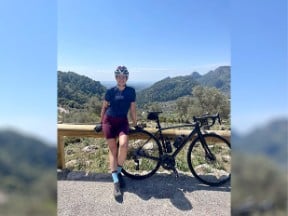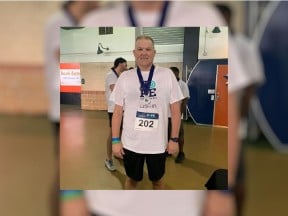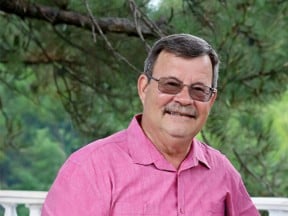Kaitlin Foster, a 20-year-old college student, has worked most of her life to overcome a serious obstacle–epilepsy. When Kaitlin was only three years old, she began experiencing recurring seizures. After seeing multiple doctors, Kaitlin was prescribed medication to control her convulsions. For the next seven years, she was able to live episode-free and function confidently.
While observing her in an epilepsy monitoring unit (EMU) in Dallas, doctors determined that without medication, Kaitlin, then 12 years old, would experience intense and life-threatening seizures. They tried new medications to subdue Kaitlin’s episodes once more, but those also resulted in massive attacks. After speaking with numerous neurologists, Kaitlin received a vagus nerve stimulator, which was implanted under her skin. The stimulator, which significantly altered Kaitlin’s speech, offered minimal long-term control over her seizures, and within only a few months of surgery, Kaitlin’s episode activity had returned to an increased daily level.
At 14 years old, Kaitlin began experiencing cluster seizures lasting up to an hour and a half several times a day. Unable to attend school, continue with sports or maintain a normal childhood, Kaitlin required homeschooling.
After numerous EEGs, MRIs, and CT scans, Kaitlin’s physician determined she was an ideal candidate for brain surgery. Kaitlin underwent the first two of six craniotomies. At the time, the resection surgery brought relief to the seizure frequency and intensity, but with it also came a complete loss of right foot and ankle control–one of the most difficult adjustments for her, as she loved playing sports and being active. However, she was able to go back to school.
After graduating from high school, Kaitlin underwent a fourth cranial surgery as the seizures had returned. This surgery affected her speech and required further therapy. She prepared for a fifth surgical procedure, but upon admission to the OR, she was diagnosed with a significant brain infection. With this last hope for relief cancelled, Kaitlin reluctantly cancelled her plans to attend college.
In 2008, Kaitlin was referred to a neurologist at St. Luke's Episcopal Hospital. With renewed hope, Kaitlin prepared for her next cranial surgery. On Dec. 15, 2009, a day she says she will always remember, a “truly brilliant” neurosurgeon at St. Luke’s changed her life forever. Kaitlin’s new St. Luke’s medical team successfully located and removed the area in Kaitlin’s brain that caused her recurring seizures. Kaitlin’s post-surgery relief was nearly immediate. She began college, moved into a dormitory, and started classes only four weeks after surgery. Kaitlin has been seizure-free for more than a year and plans to study Animal Science with hopes of becoming a veterinarian.




